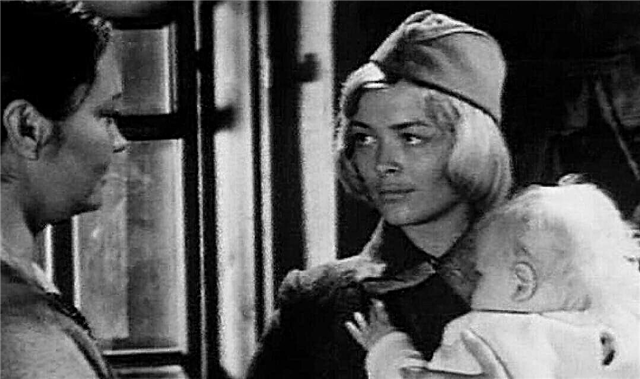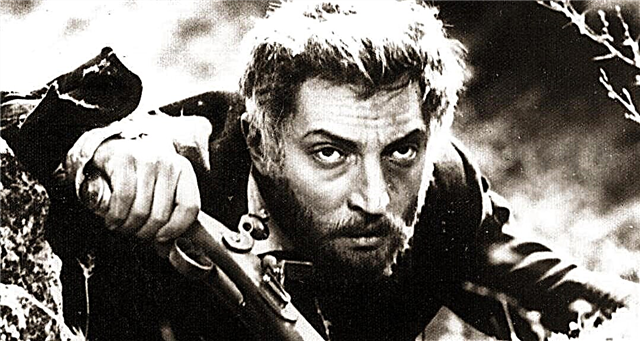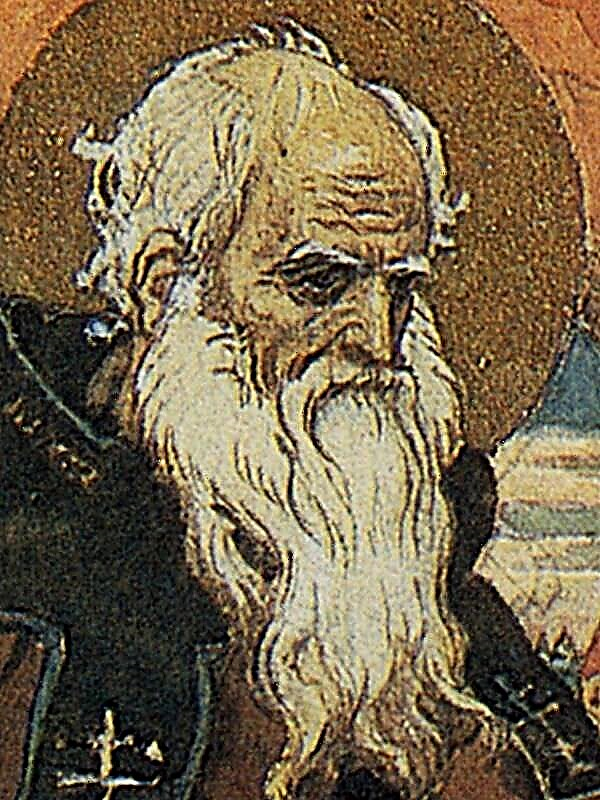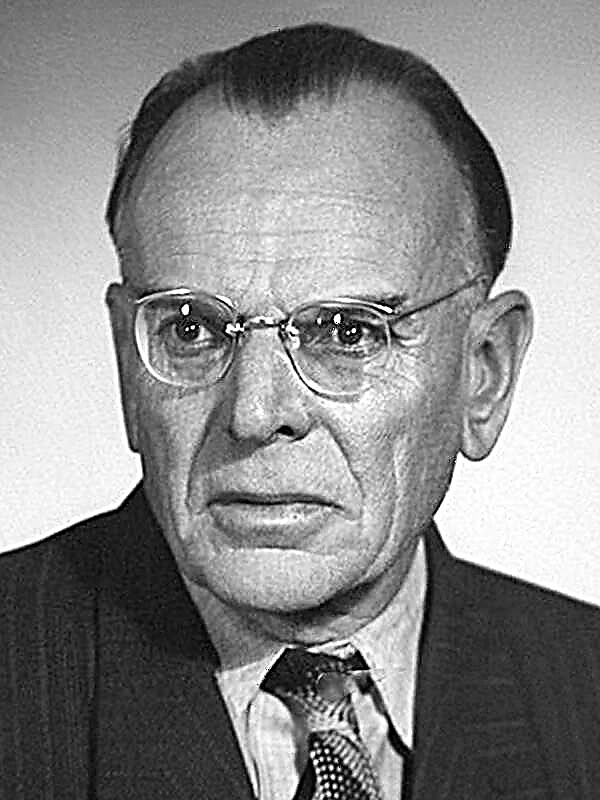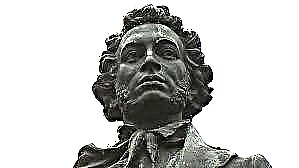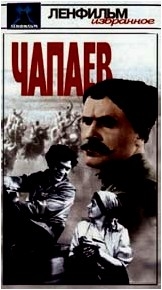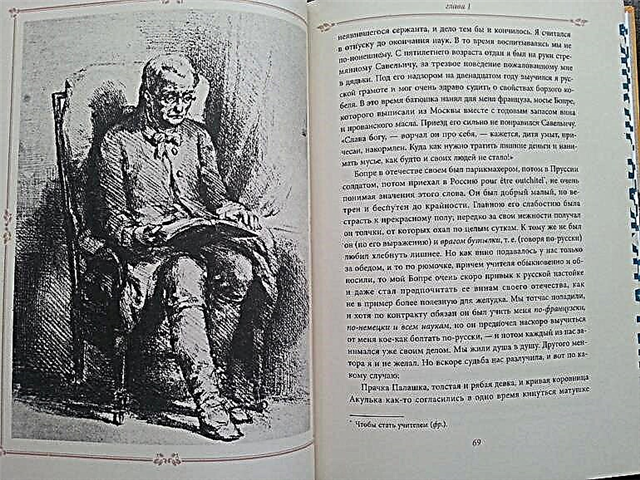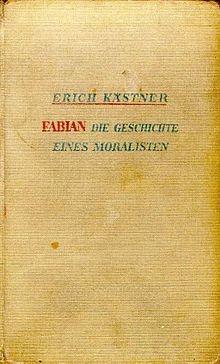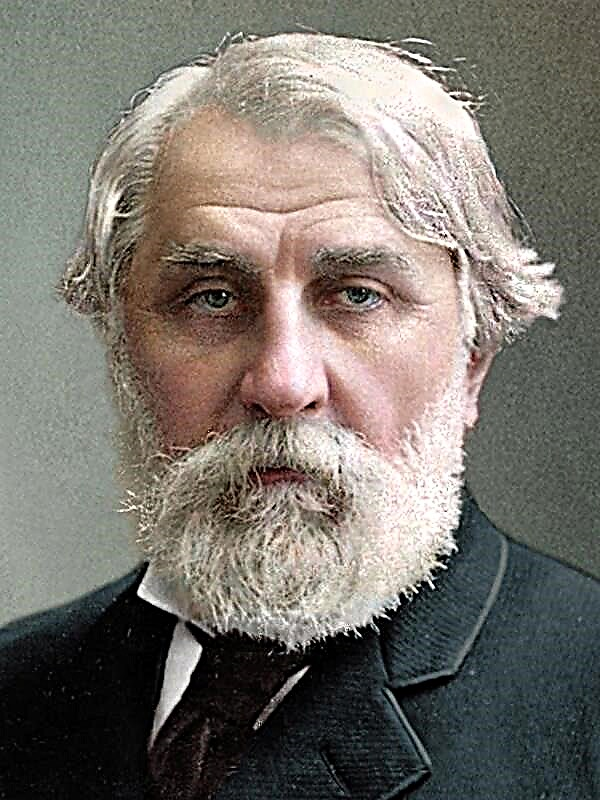The poem is dedicated to the patron of Lomonosov, curator of Moscow University, Ivan Ivanovich Shuvalov. In dedication, the author hopes to cope with the subject of the poem, which is far superior in importance to the Iliad and Aeneid.
Only two songs of the poem were written, the action of which dates back to 1702, at the time of the capture of Oreshok - Shlisselburg. At the beginning of the first song, Peter goes to Arkhangelsk, which is threatened by the Swedes. But even before the arrival of the tsar, the enemies, frightened by the strength of the Russian fleet, retreated. Peter sets off on a journey by sea to the Solovetsky Islands. Peter visits the place of exile of his great-great-grandfathers. Before embarking on a new journey, he pronounces a prophecy about the discovery of the Northern Sea Route: “Russian Columbus” will become worthy rivals of Columbus, Magellan and Gama, and “our country will reach the United States”. In the new voyage, Peter meets the sea king, who transfers power to the Russian hero over the seas.
Peter arrives at Solovki, where Archimandrite Firs meets him and blesses him. The archimandrite tells the guest that the mighty walls of the monastery were built by the captured Tatars, who were sent here by the great John the Terrible, the “relative and example” of Peter; then he speaks of a schismatic rebellion in the monastery under Alexei Mikhailovich. The mention of the split makes the king recall the sad events of childhood and youth - streltsy riots. He tells the archimandrite about them.
The first rebellion begins with the fact that Tsarevna Sophia, obsessed with love of power, proposes to break the will of the late Tsar Theodore Alekseevich, who left the throne to Peter past his middle brother John. Patriarch Joachim refuses to bless the accession of one John, much less the two kingdoms proposed by Sophia. The next morning, Sofia's intent opens. Archers are going; Peter Tolstoy excites them with a rumor that the Naryshkins - relatives of Tsarina Natalya Kirillovna - strangled Tsarevich John. Sagittarius demand revenge. The elder boyars vouch that the prince is alive and calm the rebellion. Seeing that the cunning plans have been destroyed, Sofia sends wine to the archers; heated, they again begin to rage. The princess incites them even more, fearing that the instigators of rebellion are ordered to be executed. Sagittarius roam the palace in search of the Naryshkins; one of them is pulled out from under the protection of the holy altar, dropped into lances and the body is cut into pieces. Killed and other noble nobles: Romodanovsky, Dolgoruky, Matveev.
Peter recalls how an insensitive villain put a spear to his throat in front of his mother! The queen's father and brothers hid in fear in the villages. The rebellion from the Kremlin crumbles throughout Moscow, but subsides by night. Sophia, who still has not reached her goal, comes to Natalya Kirillovna and persuades her to go out to the rebels together with her father and brother Ivan. The Naryshkins agree and, having stood service, along with Sofia are to the archers. They suddenly grab Ivan from her sister’s hands, drag him by the hair, accuse him of kidnapping the royal throne and brutally murder him. Old Kirill Naryshkin, meanwhile, was forcibly tonsured a monk. Then, "having realized that it is difficult to stand up to all," the rebels celebrate the victory, crown Peter and John together on the kingdom, and at that they stop the rebellion.
As soon as the young king calmly turned to the sciences, a new thunderstorm began: the ignorant schismatics, to whom Prince Khovansky joined, rose up against the Church itself. Peter begins the story of this riot, but here the first song ends.
The second song opens with an appeal to the Russian army. Its subject is the capture of Shlisselburg, an ancient Russian fortress, lost during the years of humiliation of Russia. Tsars Mikhail and Alexei Romanov saved Russia from shame; Peter the Great continues their work now.
He travels to Shlisselburg from the White Sea through Olonets, inspects the mountains along the way and, having noticed signs of ores and healing waters, intends to establish plants to produce metals for the troops and for the fleet. The time is autumnal; the raging Lake Ladoga devours waves of shells and supplies needed to build a new great city and ship's marina on the Baltic Sea. In this spectacle, the tsar comes to the idea of connecting the Volkhov with the Neva channel.
Meanwhile, the Shlisselburg fortress is already surrounded by Russian troops. Field Marshal Sheremetev invites the Swedes to surrender; those who wait for help refuse. The Russians are bombarding the fortress. The Swedes are asking to let women out of the fortress. The Russians answer: they did not besiege the city in order to separate their wives from their husbands - both of them should leave the fortress. The city is on fire, the island at the fortress is completely captured by Russian troops. Finally the attack begins. The Swedes very stubbornly resist the courageous and strong attack. Killed Colonel Preobrazhensky Regiment Karpov, the first to start the battle. The sovereign sees that the attackers have short stairs and the Swedes repair our damage. He orders to retreat, then to attack more conveniently. The leading attack, Prince Golitsch, answers: the main difficulty has already been overcome; if we now retreat, then with the second attack the losses will be double. Soon he is killed by a log that fell from the walls.
Remembering St. Alexander Nevsky, who fought in these places, the Russians enter the walls. Swedes surrender; hosted by Peter the new Russian regular army triumphs. The Swedes are not only released from the city, but are also graciously allowed to go to their ships. They get parting words from Peter to convey to King Karl: the discord in the Russian army is over, "the Russians in the regiments are unanimous." Neva nymphs celebrate the victory of Peter. The army creates praise to the monarch, and he says goodbye to the fallen. Among the monuments of the city taken, Peter sees a certain reminder of John III, who was the first to introduce artillery in Russia and save the country from the Horde yoke. Meanwhile, the sight of the ruined city suggests the perniciousness of war ... But Peter drew his sword not out of bloodthirstiness: he "was zealous for science, peaceful and generous." The Russians begin to rebuild and strengthen the ruined fortress, and Peter goes with glory to Moscow.

